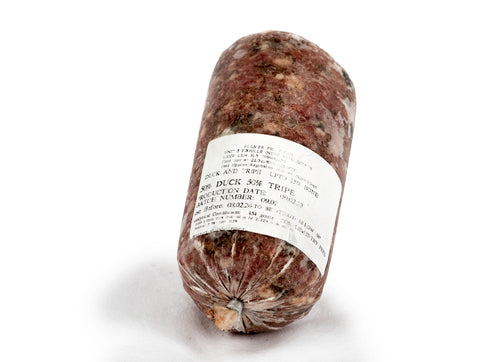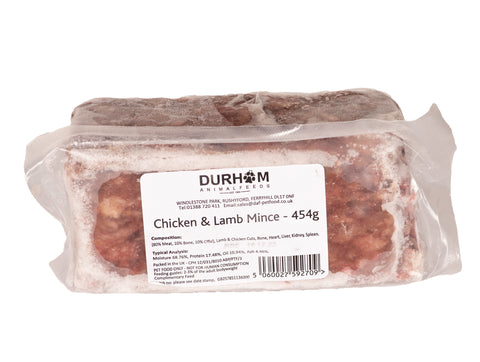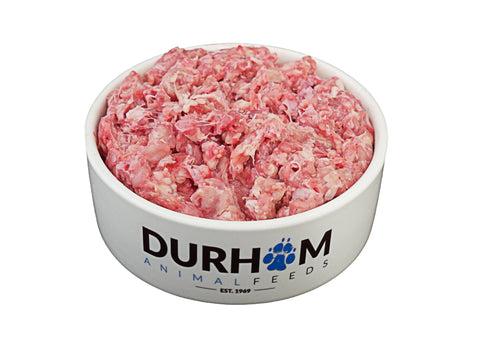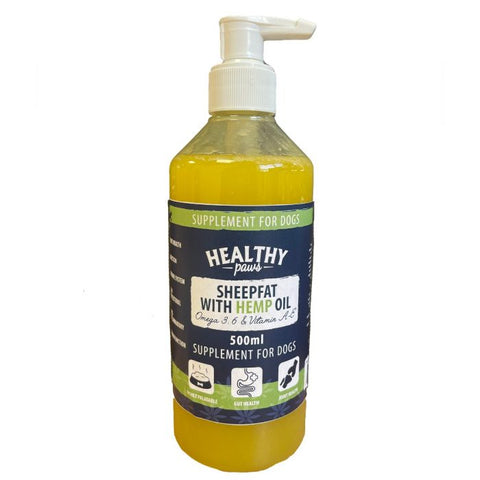Guide To Caring For Tortoises

There are many species of tortoise available in the UK, each with different needs, so be sure to do your research and speak to an expert before purchase.
The most common species kept in the UK is the Hermannís Tortoise, other species include Spur-thighed, Marginated and Horsfieldís. Tortoises will grow each year given the right conditions and their shell scutes grow similar to the rings of a tree.
Many tortoises live around 80-years-old or more in ideal conditions, so be sure you are ready for a lifetime commitment.
GENERAL CARE
A healthy tortoise should be bright and alert with shiny eyes. Its body should be carried above the ground and the head and limbs should withdraw if alarmed. The shell should be hard and there should be no signs of the following:
– Diarrhoea: This can be caused by incorrect feeding or an internal parasite infestation.
– Respiratory problems: Signs include fluid or mucus from the nose.
– Mouth rot: Cheesy deposits in the mouth.
– Soft or deformed shell disorders: Can be due to poor diet, a lack of calcium and/or vitamin D3 and/or incorrect lighting.
Your tortoise should be bathed weekly, ideally before feeding, in order to ensure proper levels of hydration, and weighed regularly to ensure it is growing at a healthy rate. For the first 10 days of ownership, bath the tortoise every day in lukewarm water for 15-20 minutes to encourage him to be active and not become dehydrated from stress.
Some reptiles carry a form of salmonella, which is usually contracted by ingestion. Good hygiene and hand washing after handling should be sufficient to prevent any risk of infection.
HOUSING
Tortoises should have access to both indoor and outdoor space. Indoor accommodation can comprise of a purpose-built enclosure, often called a tortoise table. Alternatively, a large vivarium with good ventilation can also be used successfully over limited time periods. The minimum indoor enclosure size for an adult should be 3m x 3m in bad weather, but the bigger and more varied the habitat is the more likely the tortoise is to do well.
Tortoises should have access to solid sided, escape-proof outdoor accommodation whenever the weather is suitable, ideally with access to edible weeds and flowers to graze. Choose a sunny area in the
garden so the tortoise can benefit from vital natural UV sunshine.
All outdoor accommodation should be predator-proof and a fully covered enclosure is essential for small tortoises to protect them from predators.
TEMPERATURE
All reptiles are cold-blooded and need an external heat source to maintain correct body temperature. Each species requires different degrees of heating, but all will benefit from a range of temperatures within an indoor enclosure. This creates a thermal gradient allowing the tortoise to choose its preferred temperature, 18-20C at the cool end
and 30-32C at the hot end. Night temperature can safely be dropped to 18C or slightly lower. Thermometers can be placed at each end of the enclosure to monitor the temperature range and the overall temperature should be controlled by a thermostat.
Heat can be supplied by basking lamps that should be kept 6-12 inches away from the basking area. Your pet shop will advise on heating products and their suitability for your tortoise.
LIGHTING
Reptiles need UVA/UVB lighting to absorb the calcium in their diet.
This light should be left on for 10-12 hours in the day, and the bulbs will need replacing regularly as the UV output decreases with use.
FURNISHINGS
The floor of the accommodation should be covered with 3-4inch deep suitable substrates such as Tortoise soil mix such as ‘Tortoise Life’, coco peat or sterilised topsoil. If using a product like topsoil, we recommended that you feed the tortoise on a slate to avoid him eating the substrate, resulting in possible gut impaction.
Provide a shelter, perhaps a tunnel or flower pot. Ensure heated areas remain simple to reduce the possibility of your tortoise overturning in heat. Substrate should be sprayed or watered regularly to keep healthy humidity levels and prevent breathing problems due to dust.
CLEANING
Remove droppings and uneaten fresh food daily. Water and food bowls should be washed, dried and refilled daily. Vivariums should be completely cleaned with a pet-safe disinfectant regularly and the soiled substrate should be disposed of and replaced.
HIBERNATION
Before you consider hibernating your tortoise, check it is a hibernating species and if it is a good weight, and showing no signs of illness. Length of hibernation varies between age and species, so consult an expert and never exceed more than 12 weeks. An annual pre-hibernation check with a knowledgeable vet is always advised. With correct preparation, hibernation can be a safe and beneficial process for your pet, helping to simulate a natural pattern.
Your tortoise should be fasted for 2-3 weeks before hibernation, though fresh water must be provided. Your hibernation box should be well ventilated and be made of rat-proof materials. The optimum temperature is 5C, and should not fall below 2-3C or above 8C.
You should check your tortoise at regular intervals during hibernation. A reliable refrigerator set at the correct temperature can be ideal for this purpose. Monitor temperatures in hibernation locations prior to use and throughout hibernation.
FOOD AND WATER
Tortoises are herbivores, so they need a varied high fibre diet low in fat and protein. Commercial pellets are available as part of a balanced diet and your pet shop can advise.
Tortoises should eat a very varied diet of weeds and flowers with calcium supplement to remain fit and healthy. Safe foods include plantains, dandelion, clover, sow-thistle, catsear, honeysuckle, lavateria, sedums, pansies and violas. Remember, ‘treat’ food such as lettuce and cucumber should be fed in moderation as it contains no nutrients, only water. Junk foods to avoid include vegetables, fruit and processed food. Be careful not to overfeed your tortoise, one meal per day is plenty.
If housing your tortoise outside, you can buy a prepared mix of tortoise feed seeds, which you can plant for the tortoise to encourage foraging.
You can also grow the seeds to pick and feed to your tortoise as you please.
A calcium supplement and a separate multi-vitamin should be added to the food provided. Fresh water should always be available.
SHOPPING LIST
Indoor enclosure & provision for an outdoor enclosure
Substrate
Enclosure furnishings
UVB tube and heat light or combination UVB/heat bulb
Prepared tortoise mixed seed and edible plants
Two thermometers and thermostat
Edible tortoise plant food
Water bowl
Digital scales
Soft toothbrush for cleaning
Calcium and vitamin supplement
Pet safe disinfectant
Good book on tortoise care
TORTOISES AND THE LAW
Tortoises are protected by CITES regulations.
All Mediterranean tortoises can only be legally sold with a DEFRA Article 10 Exemption Certificate. They must
be micro-chipped when big enough if being sold.
The Animal Welfare Act 2006 means all pet owners have a legal duty of care to their pets. Anyone who is cruel to an animal or is found not to be providing the five animal welfare needs, as listed below, can be fined and sent to prison.
The Five Animal Welfare needs:
1. Environment: Pets should be given the correct housing according to its size, this includes shelter, space to exercise and a secure, comfortable place to rest.
2. Diet: Pets should be offered the correct type and volume of food to cover all their nutritional needs alongside access to clean, fresh water.
3. Behaviour: All pets should be allowed to exhibit normal behaviour patterns and should be provided with the facilities to do so.
4. Company: Some animals require the company of their own kind, whilst others should be kept on their own.
5. Health: All animals should be protected from pain, suffering, injury, and disease, and given veterinary treatment if they become sick or injured.
Credit to The Pet Charity www.thepetcharity.org.uk
Registered Charity No: 1052488








